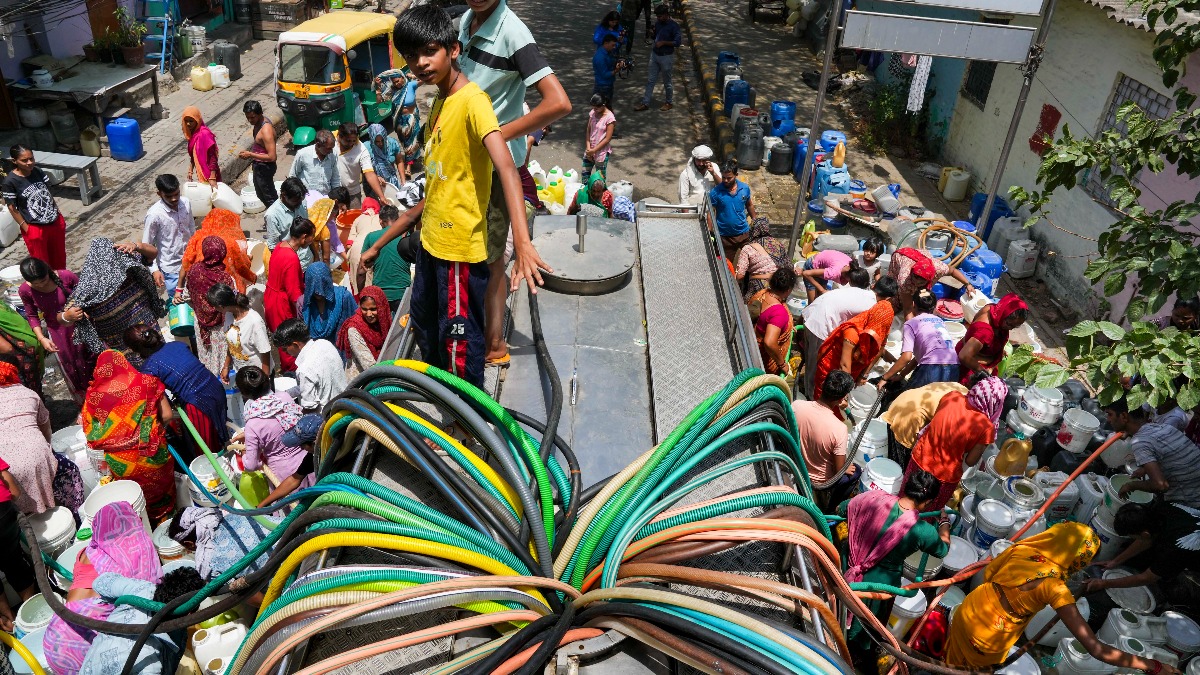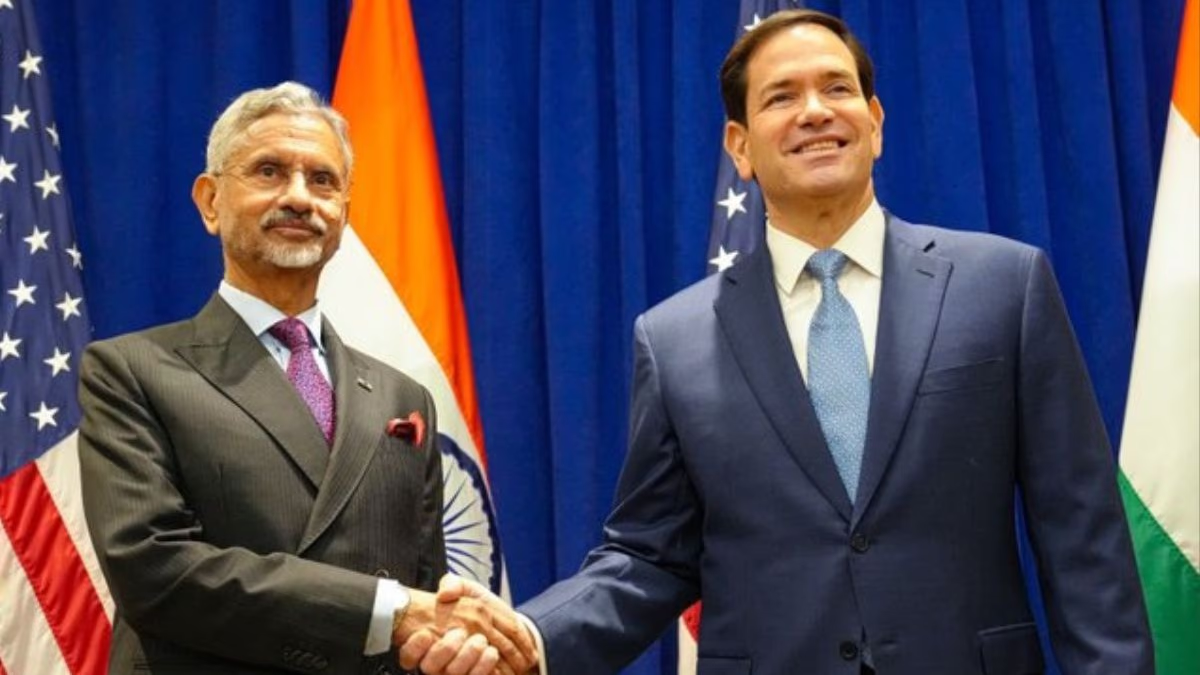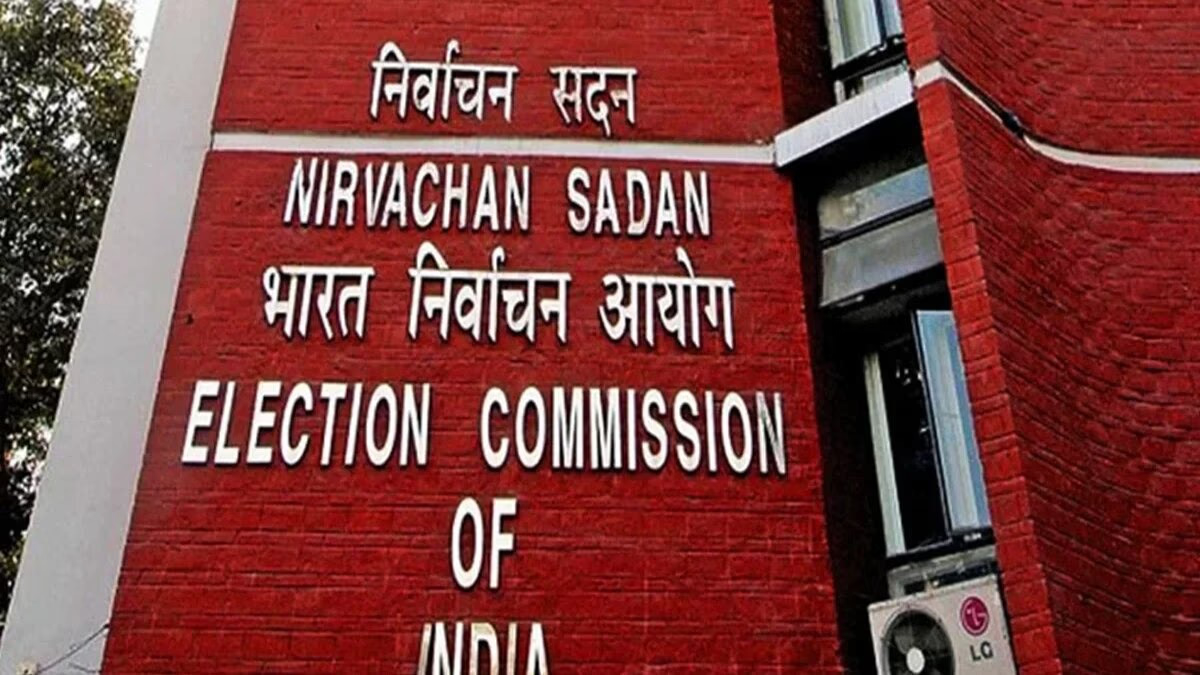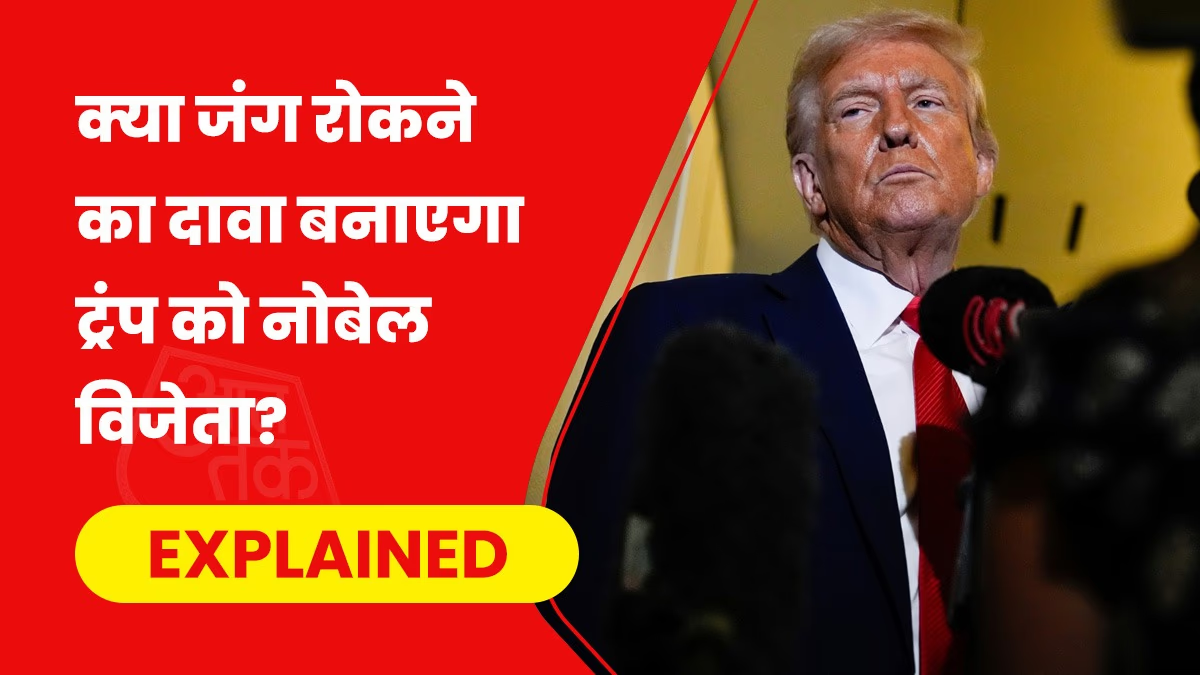Parts of North and Central India are grappling with an unprecedented heatwave. Records for maximum temperatures are being shattered, tragically leading to fatalities. In the nation's capital, the swelter could hardly be more oppressive as water scarcity has now added to the woes of Delhi's residents, with several areas facing severe shortages.
The frantic chase whenever a tanker is spotted
In several districts, locals can be observed in a mad dash behind water tankers, toting buckets and pipes. The sight of a water tanker precipitates a scramble, with numerous videos emerging to attest to the desperation. Long lines of people waiting for water have become a common sight, and the situation has escalated to the point that the Delhi government had to call an emergency meeting. Moreover, fines have already been instituted for wastage of water.
The searing temperatures have led to special arrangements being made in hospitals like RML for heatstroke patients. News agency ANI shared a video from Geeta Colony where a large crowd can be seen struggling to fill water from a single pipe.
'The pleas of the poor fall on deaf ears'
A resident addressed the water crisis, saying, 'It's a massive problem. A single tanker arrives for a vast settlement. What can one tanker achieve? We've submitted applications to the authorities twice, but the pleas of the poorer communities are ignored.' They explained that they purchase water for drinking, and in the rush to collect water, injuries have occurred.
A similar scenario unfolds in Delhi's Vivekanand Camp, where people wait for hours in long queues to fill water. Disputes and altercations over water are now a daily occurrence. People start queueing from as early as 6 AM anticipating the water tanker.
Queues for water start the night before
In Vasant Vihar's Kusumpur Pahari, people queue up in the scorching sun to draw water from a tanker. The crisis is particularly distressing for women, who bear the burden of water collection as most men and boys are out at work during the day. In some places, people start lining up overnight just for water.
Kejriwal seeks BJP's assistance
Delhi's Chief Minister Arvind Kejriwal, on addressing the water crisis, stated that the entire country is experiencing extraordinary heat, leading to a nationwide crisis of water and electricity. The heatwave has significantly increased the demand for water.
He noted that water supply from neighboring states to Delhi has been reduced, meaning that demand has surged while supply has decreased. 'We need to find a solution together. I see BJP workers holding protests against us, but that won't solve the problem,' Kejriwal mentioned.
Kejriwal appealed to the BJP to negotiate with their governments in Haryana and Uttar Pradesh to provide additional water to Delhi for a month. Such an act would garner appreciation from Delhi citizens. 'The severe heat isn't within anyone's control, but by working together, we can at least provide relief to the people.'
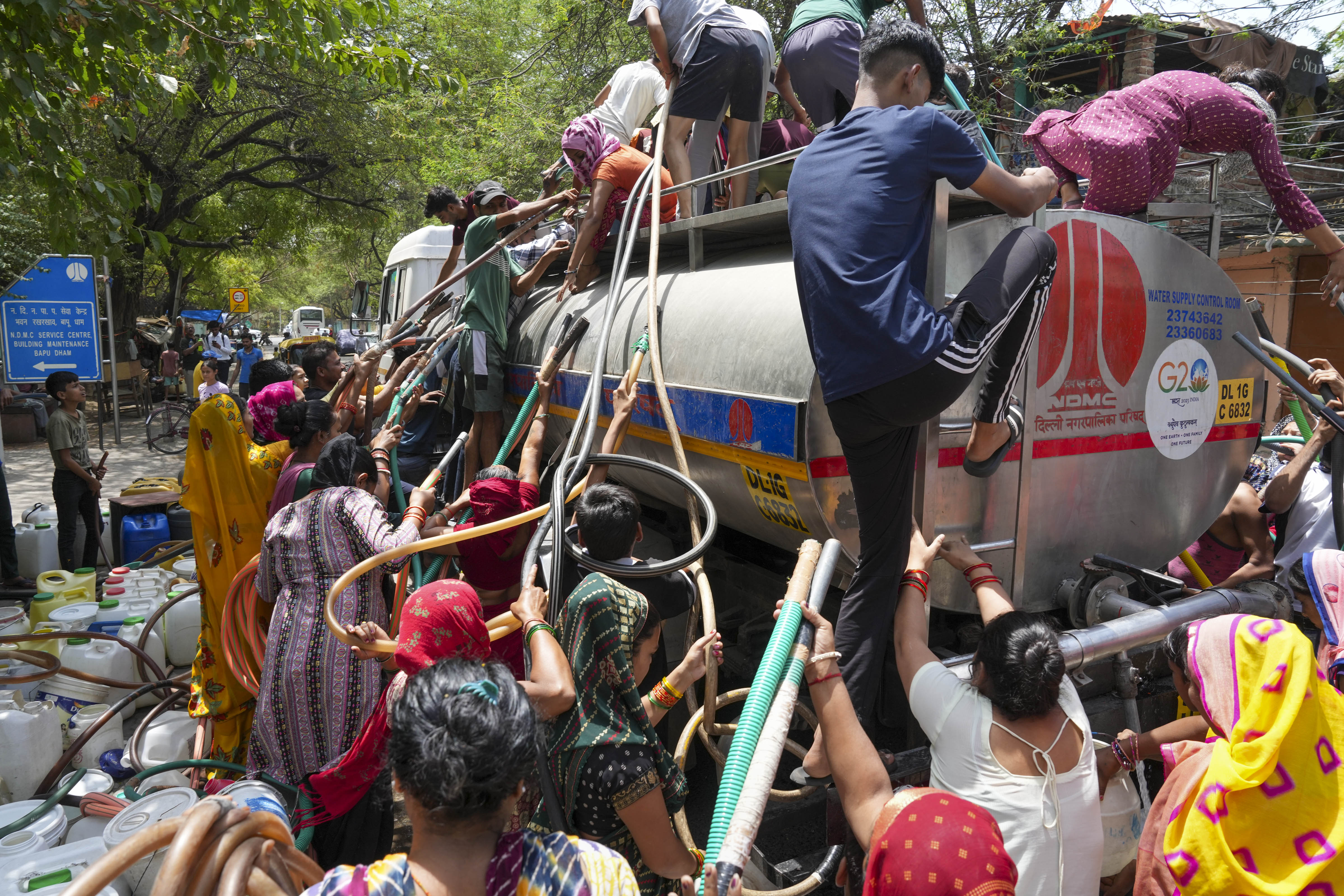
Source: aajtak
Reduction in the capacity of Wazirabad and Okhla plants
Delhi Government Minister Saurabh Bharadwaj has mentioned that the capacities of Wazirabad and Okhla plants have decreased. Delhi produces 1000 MGD of water and requires around 1200 MGD. He suggests that decisions made 30 years ago concerning water allocations to Delhi should be reviewed to meet the city's water needs.
Fines for wastage of water
In response to the water crisis, the Delhi government had decided to deploy 200 teams to prevent water wastage. They will patrol various districts from 8 AM, issuing penalties of INR 2000 to individuals found wasting water. Illegal water connections will be severed, and those found using domestic water supplies for construction or commercial purposes will face strict action.
Water crisis extends to Maharashtra
Delhi isn't the only state struggling with water shortages. In Maharashtra, communities are also forced to emerge into the blistering heat in search of water. In Amravati's Mariyampur village, the situation is dire, with residents digging alongside a polluted pond to access water for drinking.
